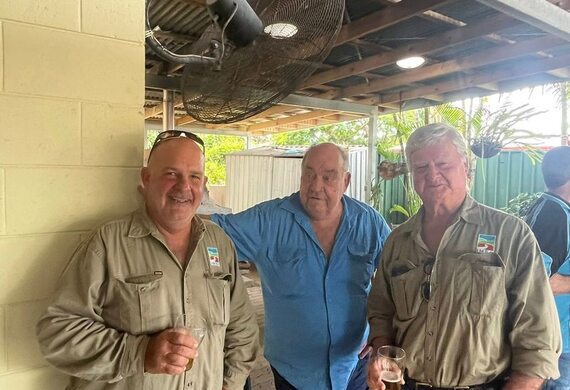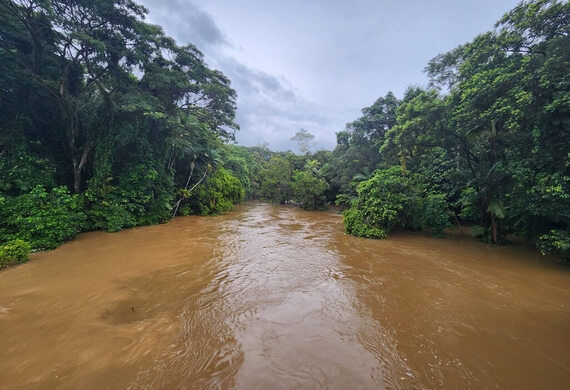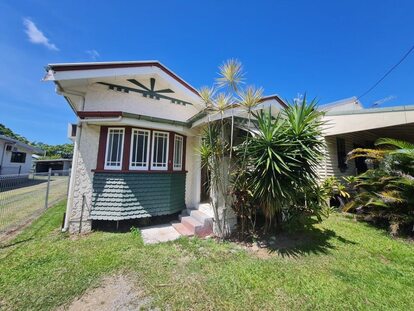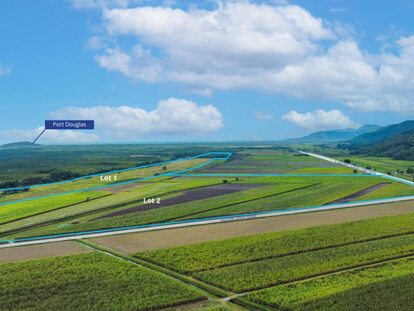Reef alarm bells ringing after state energy policy upended
FNQ Tourism
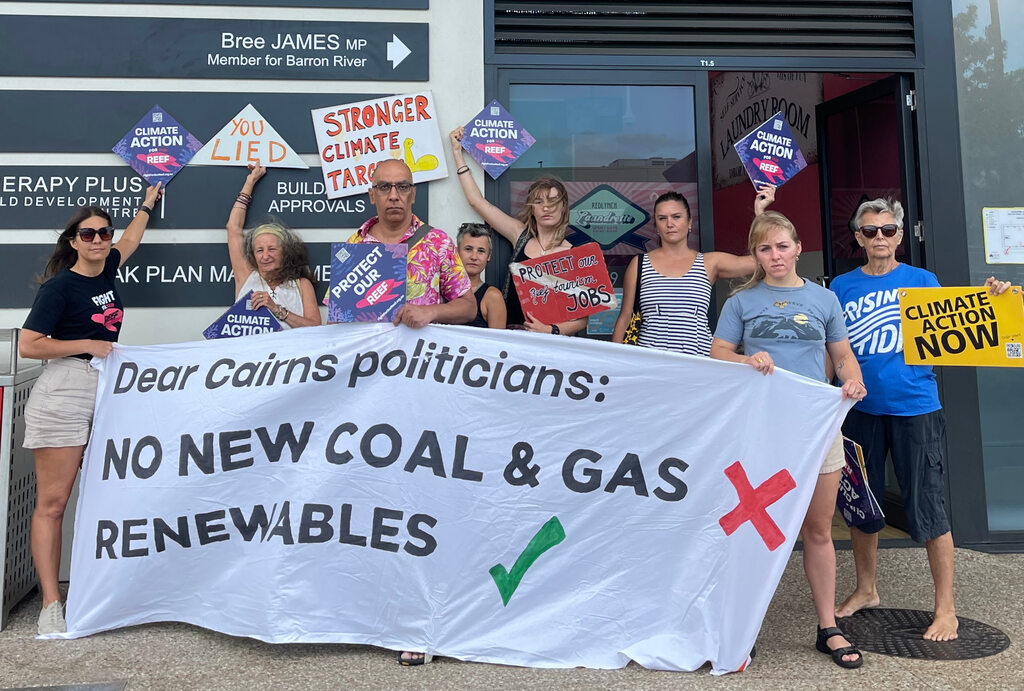
GREAT Barrier Reef protection organisations have spoken out about State Government plans to keep coal-powered stations open for longer and introduce more gas-fired stations, saying it will be disastrous for the environment and Far North Queensland tourism.
Energy Minister David Janetzki last week announced a five-year plan which was “committed to delivering affordable, reliable and sustainable energy to Queenslanders”.
“We’re taking an approach based on economics and engineering, not ideology,” Minister Janetzki said.
“Our five-year plan must ease pressure on our balance sheet, de-risk our energy future, and add significant generation capacity.”
This includes upgrades at the Callide coal-fired power station in Central Queensland with a view to keeping it open for about three years longer than the scheduled shut down in 2028.
“Coal generation will continue to play a central role in our grid,” Minister Janetzki said.
But a statement from environmental advocate Australian Marine Conservation Society called the announcement “pro-fossil fuel”.
“Queensland Energy Minister David Janetzki’s plan spells disaster for the Great Barrier Reef and the tourism jobs that rely on it, and if it goes through will lock Far North Queensland into even more climate disasters like floods, heatwaves, and coral bleaching,” the statement read.
AMCS’s reef community campaigner Tanya Murphy said the group held a protest at Barron River MP Bree James’ office last week to draw attention to the policy change.
“Extending the life of coal fired power plants will delay our transition to renewables, and worsen climate impacts that are already devastating the Great Barrier Reef and the communities who rely on it,” she said.
“Any move to weaken climate targets or prolong coal is a betrayal of the Reef, of Queenslanders and of future generations.”
Cairns and Far North Environment Centre community campaigner Alejandra Benavides joined with the AMCS to protest the changes.
“Hundreds of Far North Queenslanders have been impacted by extreme weather events and support a transition to renewable energy,” she said.
“We have a vision of a thriving Far North Queensland environment and a flourishing community that can power their homes and businesses without it costing the planet.”
Meanwhile, Minister Janetzki said the cost to deliver the Borumba pumped hydro project near the Sunshine Coast had blown out by $4 billion to $18 billion and would take an extra three years to finish, with next to no chance of it being completed on time to begin producing power in 2030.
He said the Government would also invest $50m into the Mt Rawdon Pumped Hydro project to “help progress the project towards a final investment decision”.
It had also approved $134m for state-owned power company CS Energy to develop the 400-megawatt Brigalow Gas Peaker Project at Kogan Creek in the Western Downs, and Government corporations CleanCo and Stanwell to progress two new gas-fired generation projects at Swanbank near Ipswich and Gatton in the Lockyer Valley.
Minister Janetzki said the state would still meet its net zero emissions by 2050, but would not say whether a legislated 75 per cent reduction target by 2035 would now be met.
Other state-owned coal-powered plants would also run for longer under the plan.
He said the state would also need more wind, solar and battery projects to support growing energy demand.
Support public interest journalism
Help us to continue covering local stories that matter. Please consider supporting below.

